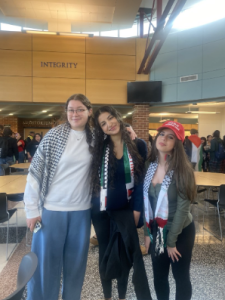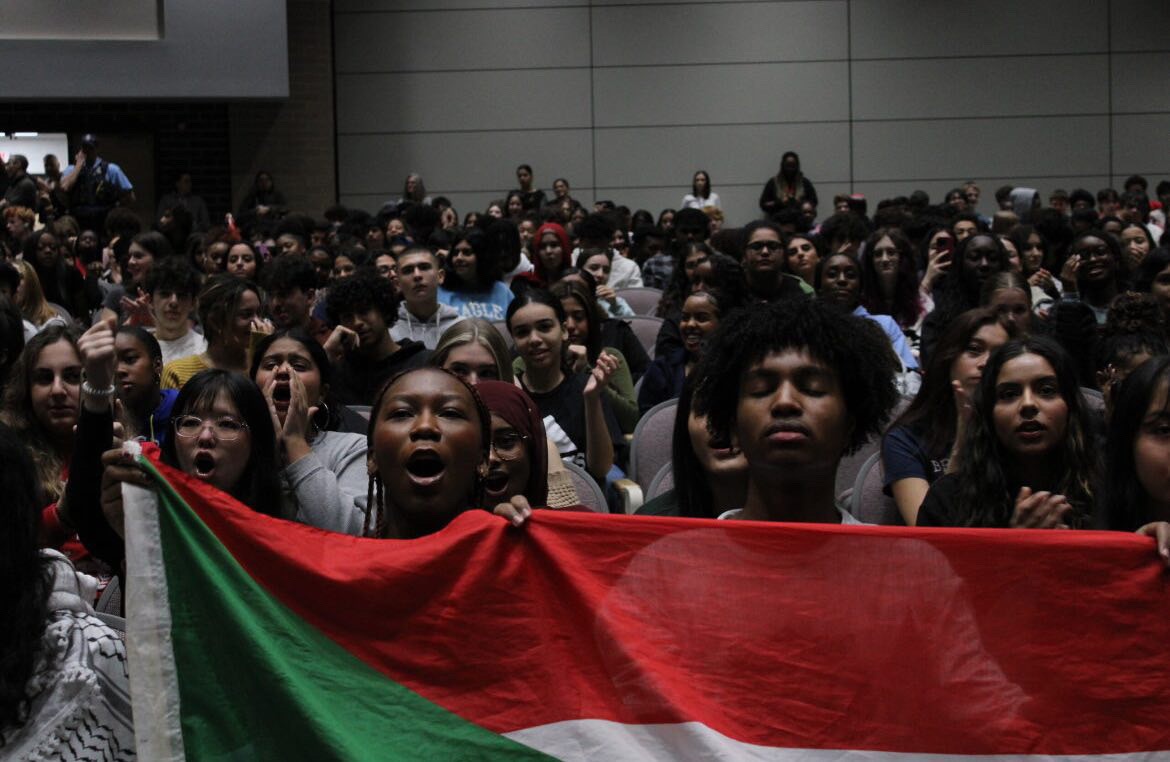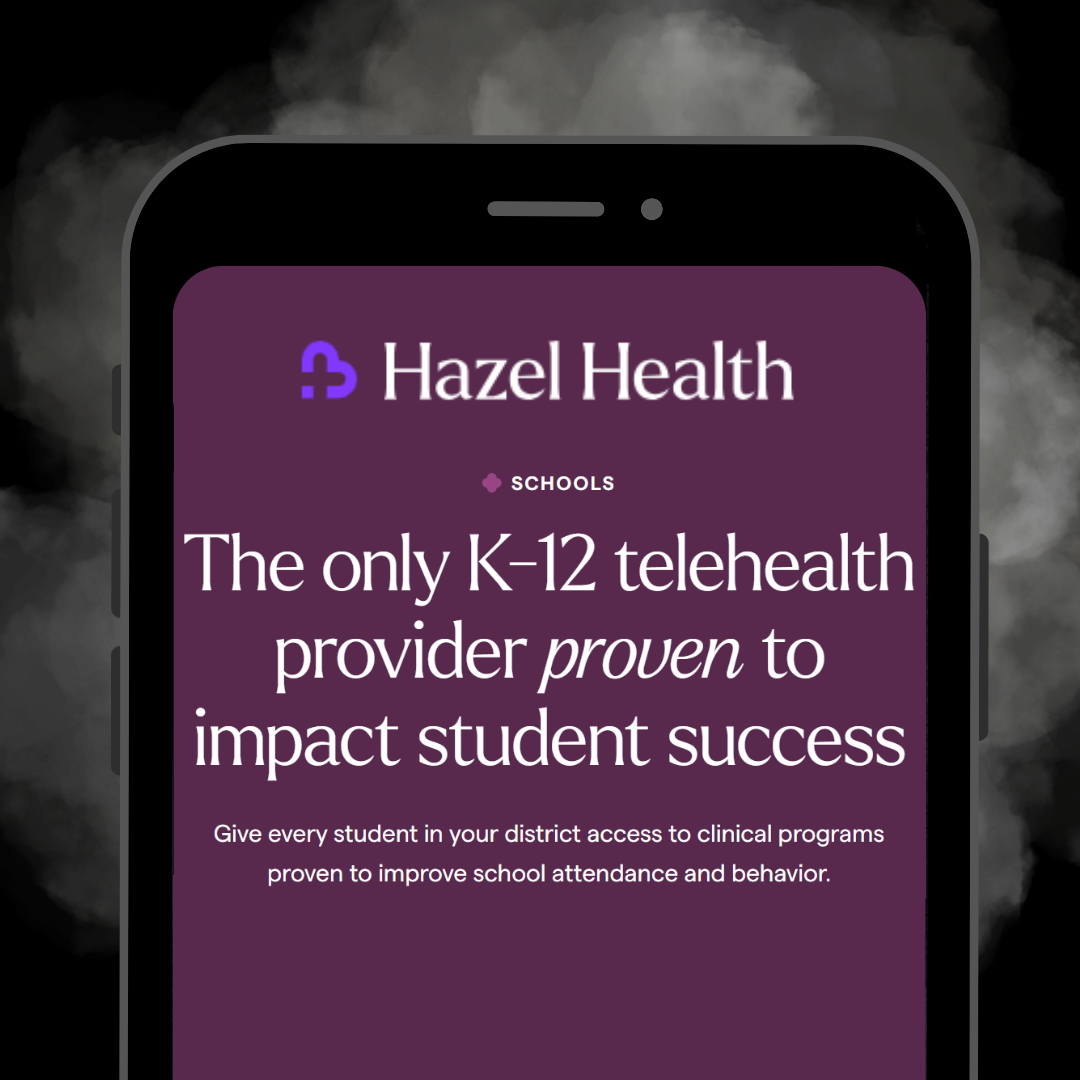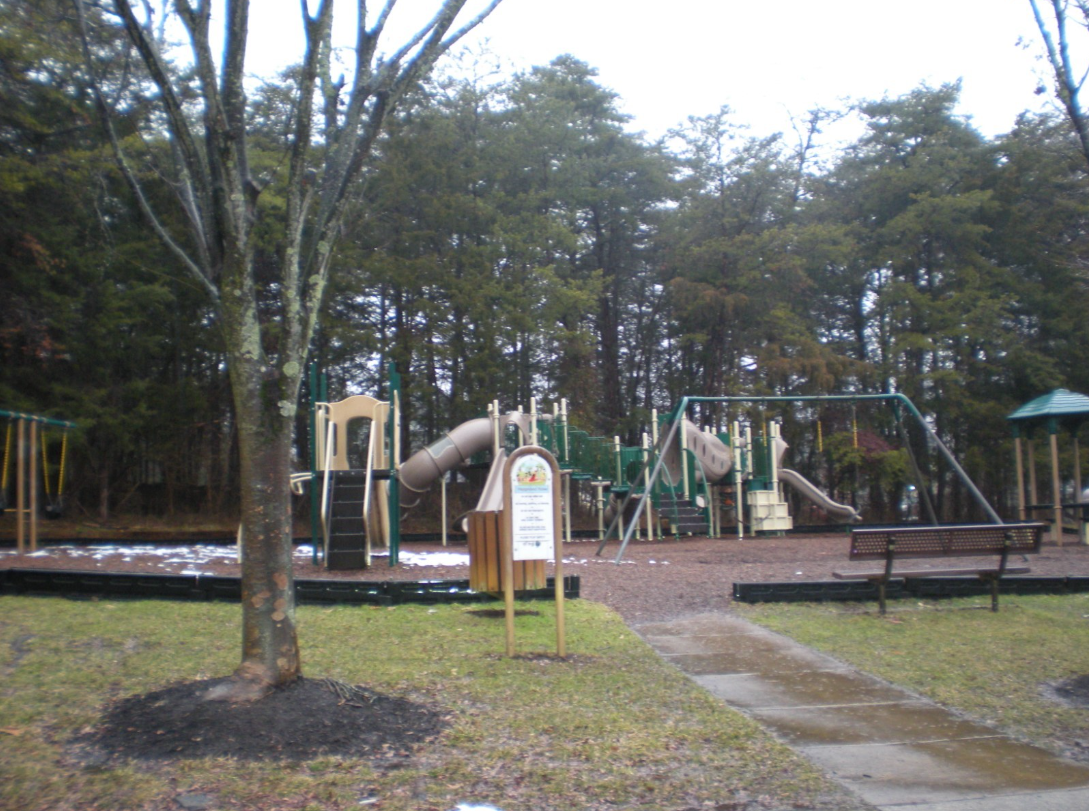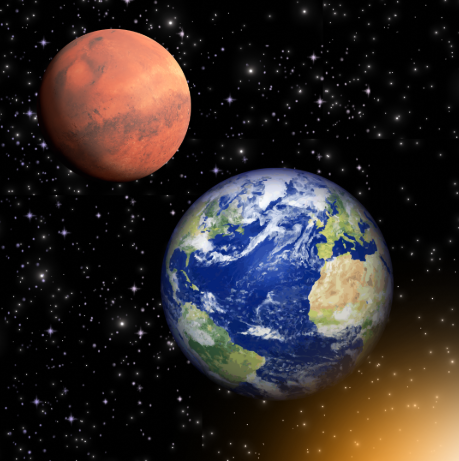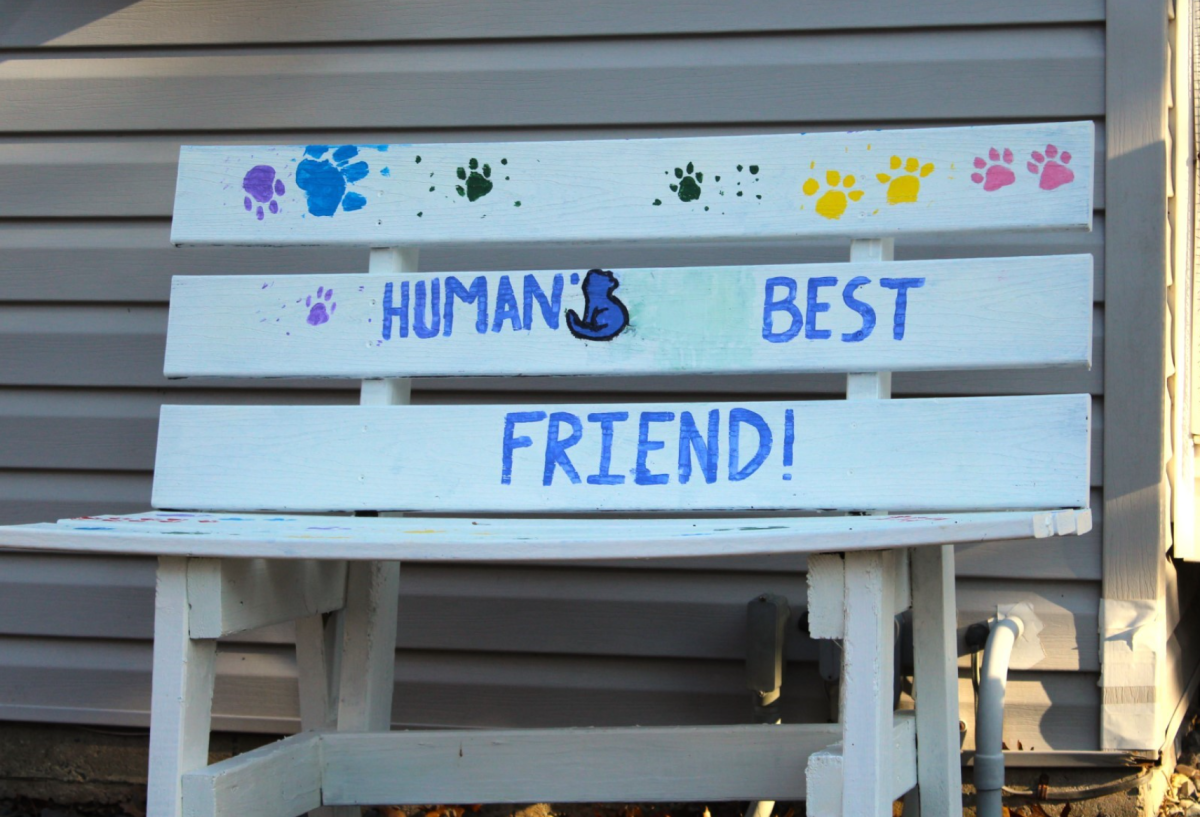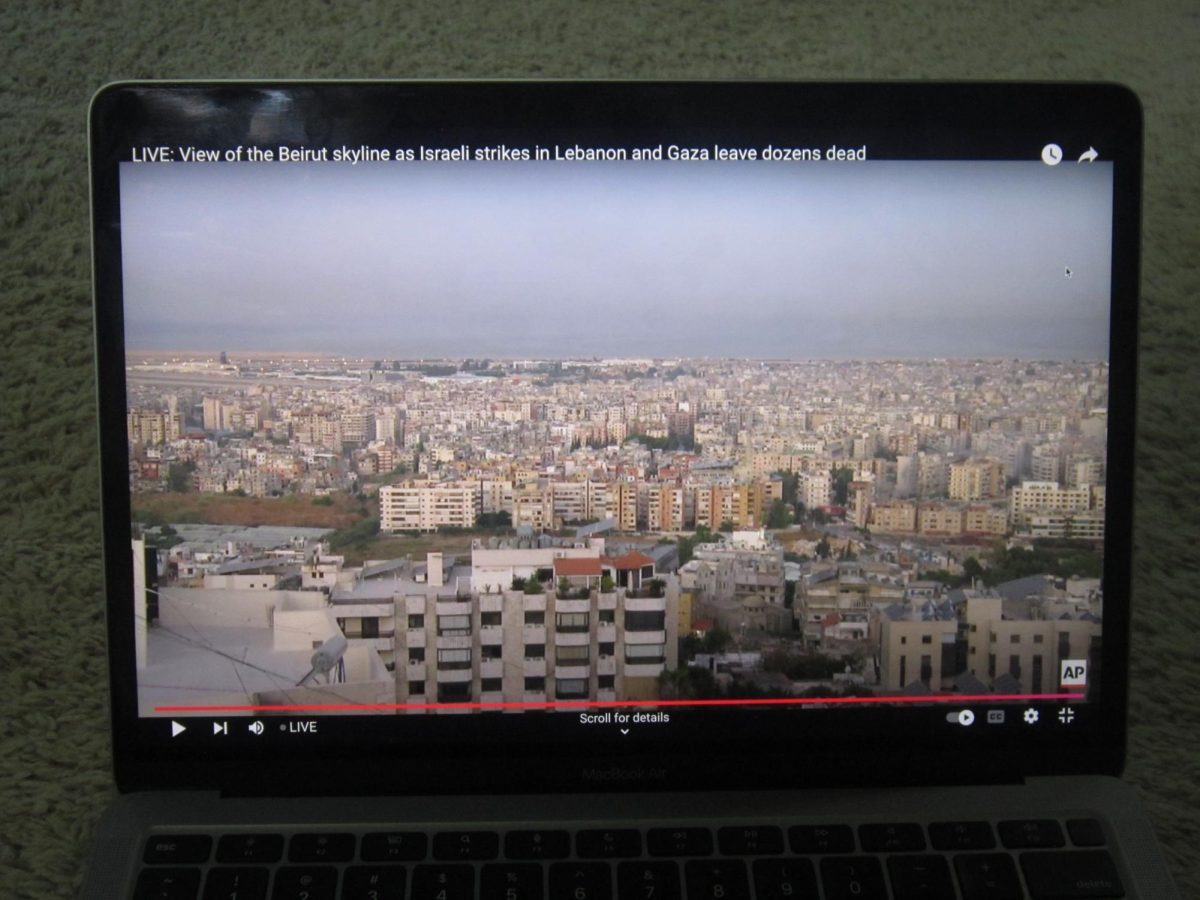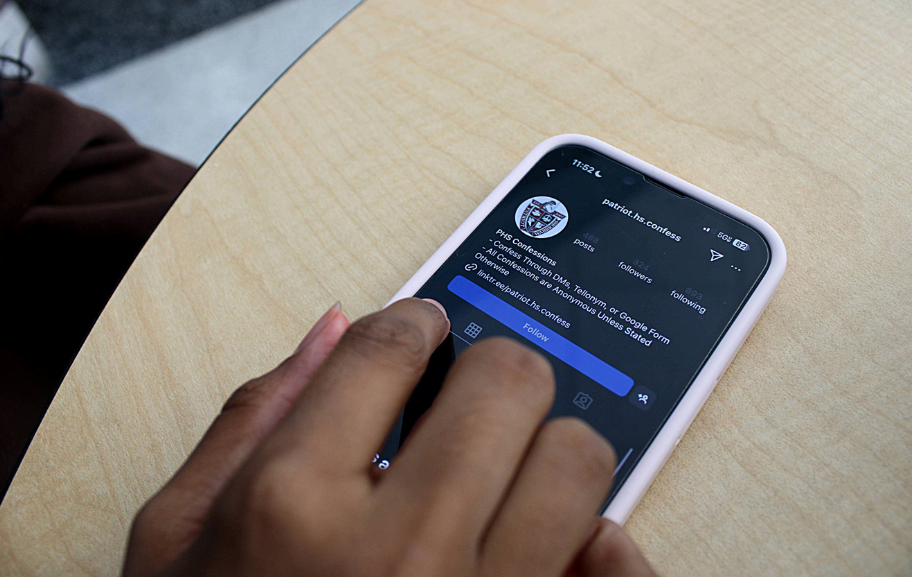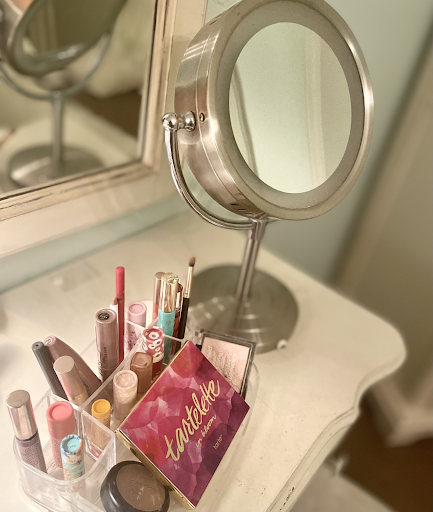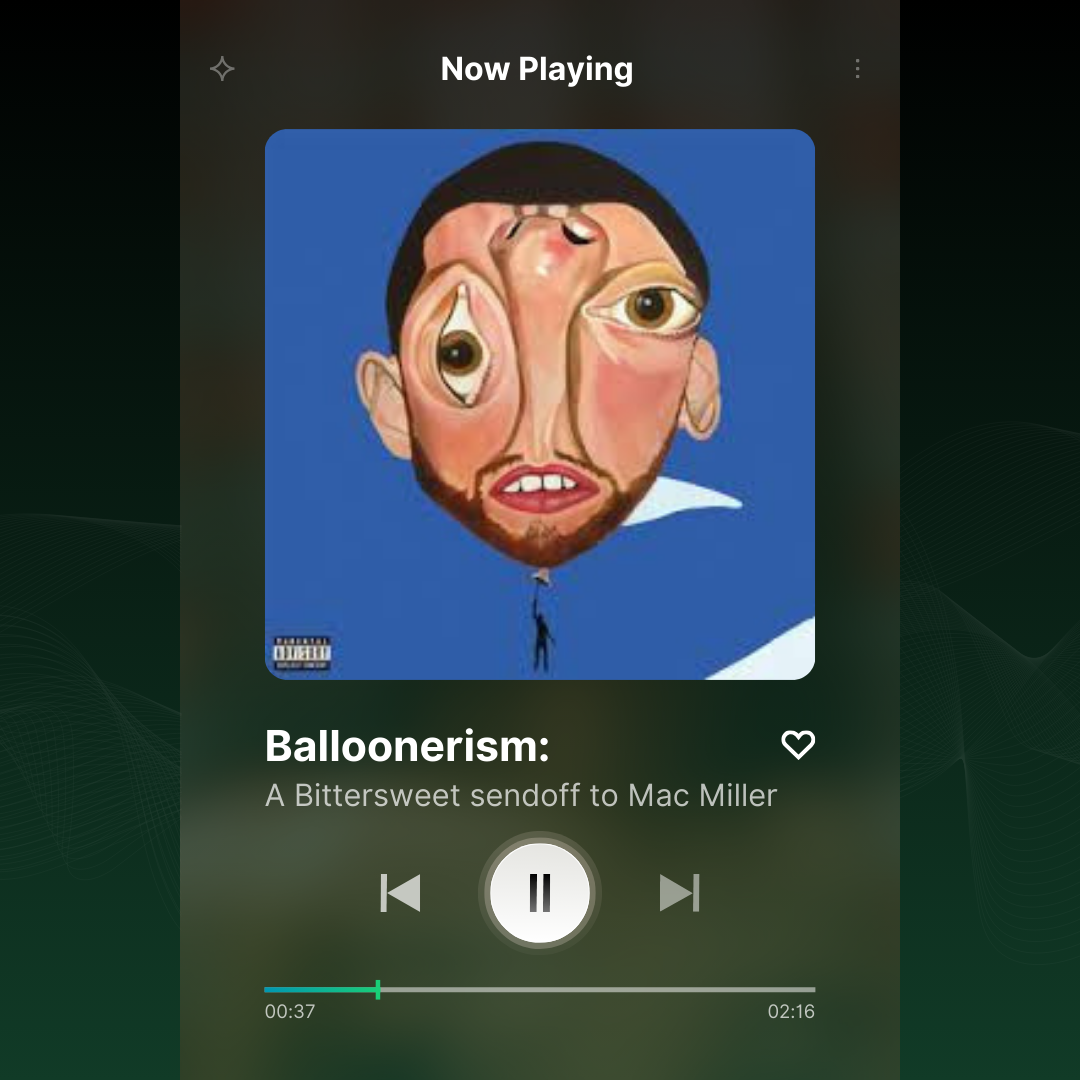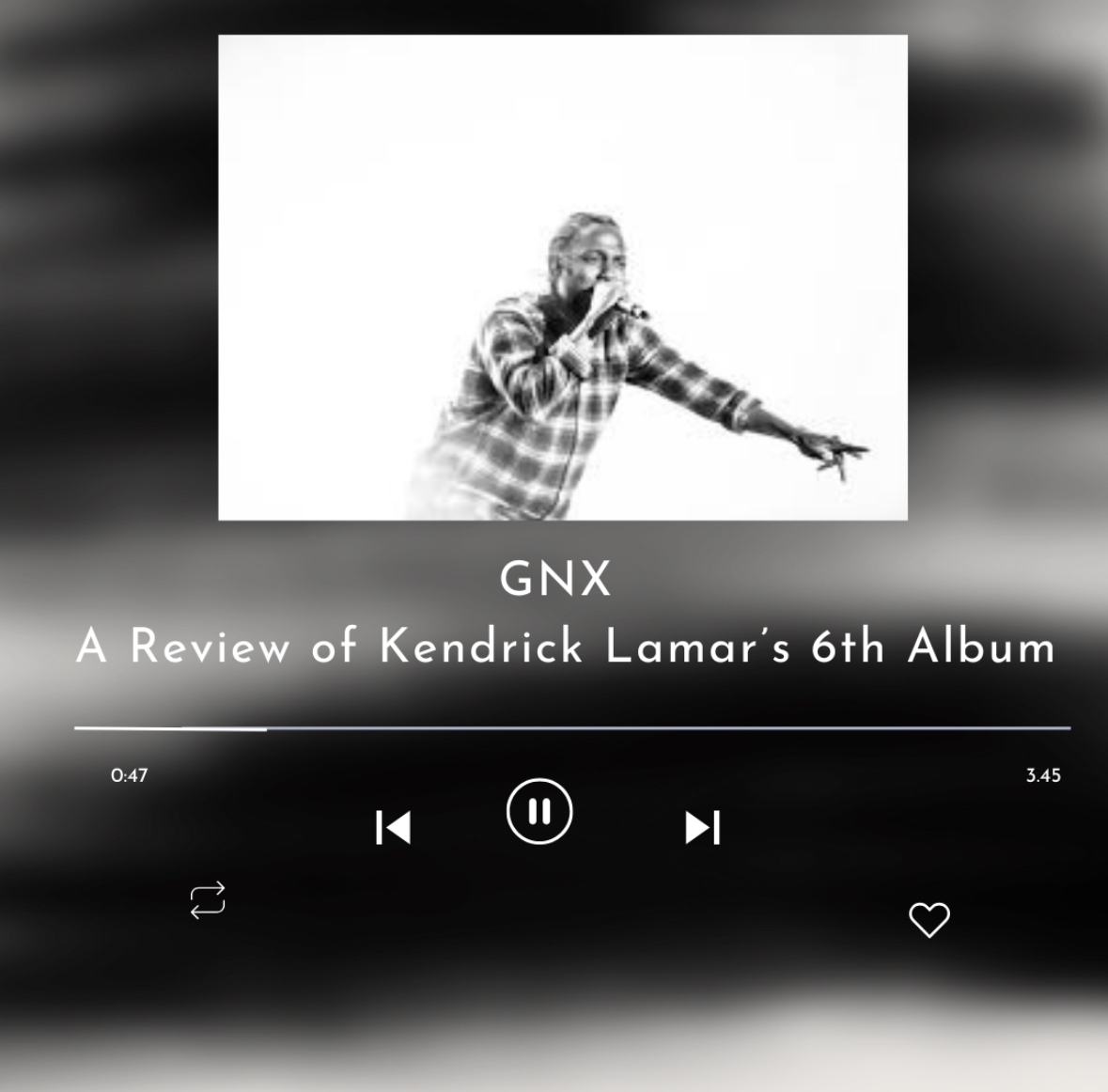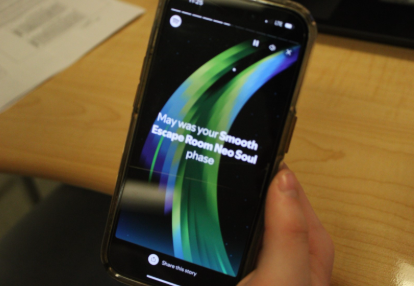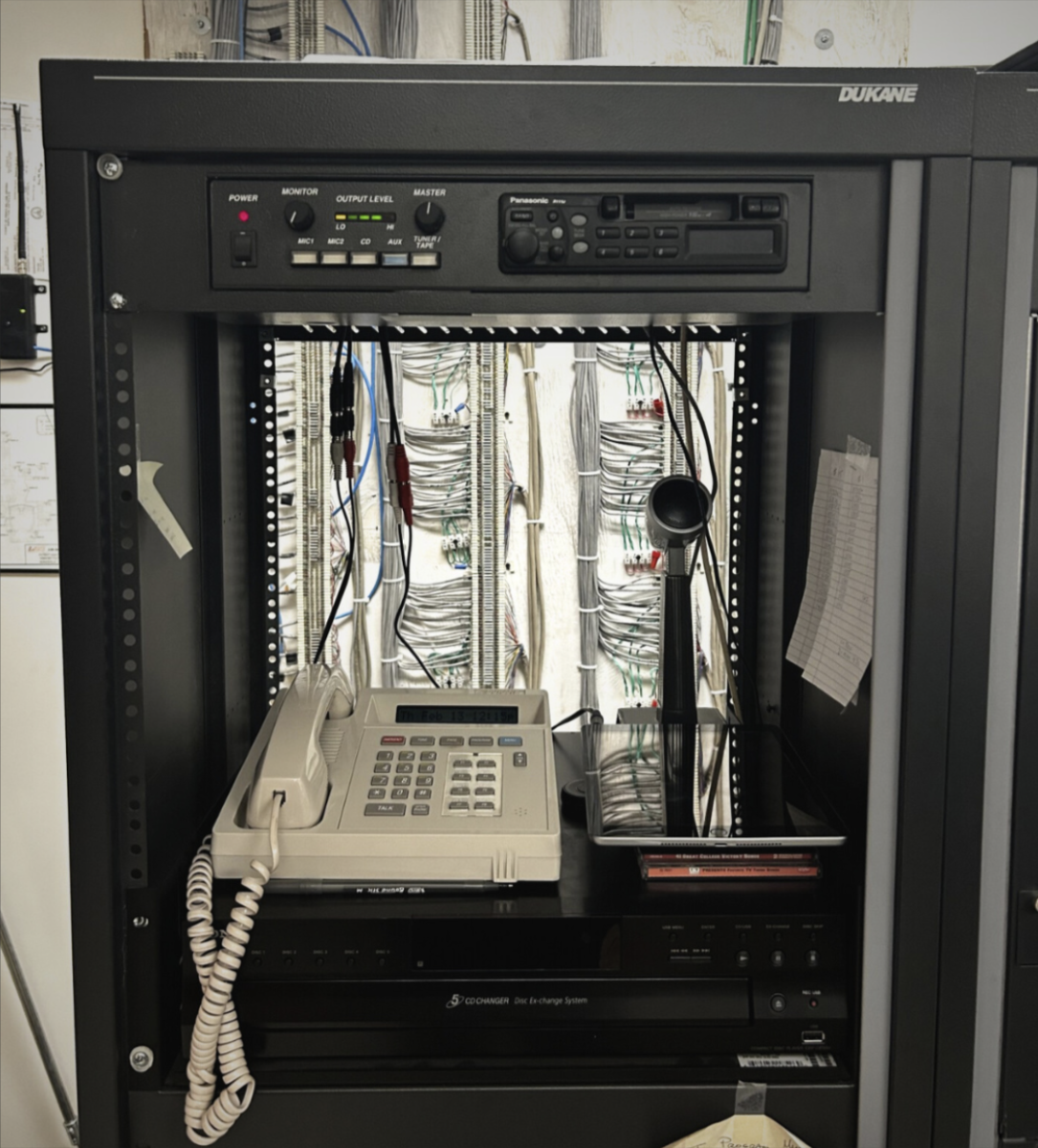If you’ve been watching the news or have been tapped into current events in the media in any capacity, you’ve likely had the date “October 7th” plastered on your screen incessantly. On this day, 1,500 Hamas members entered Israel, committing an assault that killed approximately 1,200 Israelis. But just how “unprecedented” was this attack? With the nonstop media coverage and public outrage, it’s possible that you’re questioning just how long the Palestine-Israel conflict has been going on. And to concisely clear up your curiosity: a lot longer than Oct. 7th.
A Bit of Background
The conflict has long evolved from disputes over land, but it’s important to know where the tension began and how it has gotten to the point of genocide in a little over 100 years. While the Ottoman Empire began to dissolve in 1917 (fully dissolved by 1922) during World War 1, British forces issued the Balfour Declaration promising their Israeli allies a “promised land” on newly freed Palestinian soil. The war did not conclude until 1918, but the declaration was made part of the British Mandate for Palestine following the dissolution of the Ottomans. The main causes for the war were “militarism, alliances, imperialism, and nationalism,” according to HistoryChannel.org, and Palestine became a victim of the Allied forces thinly disguised acts of colonialism.
Palestine was quickly being transformed into a “national home” for the Jewish people by design of the mandate as the British facilitated their immigration. Aljazeera, a news source that covers current events in the Middle East states, “Between 1922 and 1935, the Jewish population rose from nine percent to nearly 27 percent of the total population.” That number only continued to grow as time progressed until Israeli military occupied over 70% of historic Palestine by 1993.

United States Central Intelligence Agency. Directorate Of Intelligence. The Gaza Strip & West Bank: a map folio. [Washington, D.C.: Central Intelligence Agency; Springfield, VA: May be purchased from National Technical Information Service, 1994] Map. Retrieved from the Library of Congress, <www.loc.gov/item/2011591411/>.
In 1919, President Woodrow Wilson issued the King- Crane Commission during the Paris Peace Conference. The commission was sent to determine how inhabitants of Syria and Palestine were reacting to the influx of Israeli immigrants into their land and the post WW1 settlements. Between the dates of surveillance from June 10 to July 29 of 1919, Britannica reports that of the “1,875 petitions received, 72 percent were hostile to the Zionist plan for a Jewish national home in Palestine.” As one could have predicted, the Arabs wanted their freedom.
One prominent example of Palestinian rebellion was the Nebi Musa Revolt in 1920 leaving four Palestinian Arabs and five immigrant Jewish people dead after Palestinian resentment began to build and violence came to a head during Christian, Muslim, and Jewish Easter week festivals.
The violence only continued to grow as tensions became more strained, Arabs grew unhappier, European Jews became more eager to claim their “promised land,” and a mix of other more conflicting aspects. As of Dec. 1, 2023, the death toll for Israel is over 1,200 and at least 15,000 in Gaza, according to Al-Jazeera.
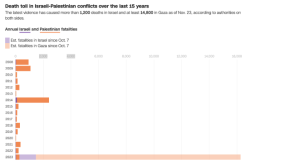
Teenage Outcry on a Local Level
Just as voices all over the world have been loud in support of either Palestine or Israel, one group has been particularly deafening: teenagers. The youth have been particularly vocal in their stances, their voices for change overpowering all others because, after all, they are the future. If teenagers are the warriors of change that we make them out to be, they’ve decided what to do with their power. As it turns out, teens are largely pro-Palestine, and their weapon of choice is, you guessed it, social media.
TikTok, an app known to be used widely by teenagers, has been taken by storm by pro-Palestinian content, especially in comparison to pro-Israeli content. As of Dec. 1, the #freepalestine tag on TikTok is sitting at a substantial 29.7 billion views, while the #standwithisrael tag sits at 560.7 million views.
However, even outside of the social media realm, teens have been resisting the Palestinian genocide in more classic ways as well. High schools all over the country have hosted student-led protests and walk-outs, including our very own Patriot High School.
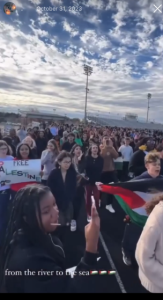
On Oct. 31, Patriot hosted a walkout in support of the Palestinian people, giving students the opportunity to march, make posters, and be vocal about their stance. Arzoo Stanakzi (‘26), a sophomore at Patriot and an organizer of the walkout, claims that her drive for hosting the walk-out wasn’t some spark of inspiration or motivation, but rather “a cry for help so people can open their eyes and see what is happening in Palestine.”
Stanakzi explained that she had to wait a bit to hear back from school security about whether or not she was allowed to host the walk-out since they wanted to remain neutral. Though security ultimately ended up giving her permission to do it, Stankzi’s determination to make a change began to overpower her fear of punishment. She expressed how firm she was in using a human-deserved power, that has now become a privilege: her voice, “At some point I thought that even if they wouldn’t allow it I would’ve have still organized a walk out because we have a voice that can be heard by others the kids and the innocent civilians don’t have that privilege and that’s what I want people to know.”
Stanakzi also emphasized the power of education “me and my peers would try to educate some other peers about what is happening in Gaza and a lot of the time they would be so shocked because what they would hear on online was different like bias[ed]news outlets.”
Conversations about how western media outlets are biased towards Israelis have raised greatly lately, especially given the apparent censorship that many pro-Palestine influencers and content have dealt with. Platforms such as Instagram have faced allegations of censoring/shadow banning content that supports Palestinian resistance, and many content creators on TikTok have even started to use the watermelon emoji rather than the Palestinian flag in their videos in an effort to keep their videos from being shadow-banned.
Many pro-Palestine influencers have incentivized people to go watch content released by journalists based in Gaza, such as Plestia Alaqad, Bisan Owda, and Motaz Azaiza. These journalists have been proividing the world with live videos, news updates, and more on their platforms, and regardless of their bravery, they are not as old as one might think. In fact, Alaqad is 22, Owda is 25, and Azaiza is 24. The lives of these journalists have only just begun, and they are selflessly giving a lifetime’s worth of sacrifices to draw people away from Western media’s perception of Gaza and show the world what is really going on in real-time. Though their content doesn’t get the mainstream attention that one might expect from CNN or FOX, it has certainly swayed attention from these big name news outlets and opened the eyes of much of the population. In particular, teenagers have been keen to stray away from Western media outlets when following news in Israel and Palestine, more skeptical than older generations of the stories and headlines pasted on their screen.
When asked to comment on what news she follows when trying to stay informed about Palestine, Stanakzi emphasized that propaganda such as the story of the 20 beheaded babies, which was never backed with any evidence, initially made her skeptical of Israeli media, “we all know that the Israeli outlet has lied to us on many occasions like the 20 beheaded babies and etc so I don’t trust anything that comes from their mouth. And also if the Israeli government cared about their hostages so much they wouldn’t be bombing underground tunnels.” Stanakzi elaborated on this mistrust by saying, “I don’t trust any news outlets [that are] biased in favor of Israel [because] they lie and lie. I follow journalists that are based in Gaza and Palestine they show the truth and only the truth by the videos they post.”
Stanakzi isn’t the only high schooler holding Western media accountable for the biased stories being published about Israel and Palestine. This is because she is just one of many high schoolers who are willing to break norms or take on leadership roles to voice resistance, especially locally. Similar to Patriot, Gainsville High School students have also shown that they are not afraid to be voices of resistance and creators of change.
Following the walk-out held at Patriot High School, Tala Elshaer (‘24), a student at Gainesville High School, held a Palestine educational rally at her school on Nov. 17th. The meeting was held in the school’s auditorium, where they had an abundance of students come in support of Palestine and to learn more about the matter. Elshaer was very passionate about the rally and determined to advocate for the cause. “If we as people don’t speak up for each other, everyone is just going to be trapped… I feel like the government is extremely terrified, any person in power is extremely terrified of the younger generations and of young adults because they know what we are capable of.”
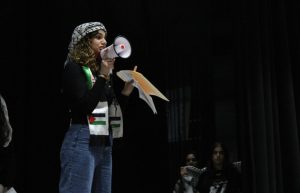
Without fear of consequence, students both at Patriot and Gainesville, congregated to learn more about how to be a voice for the Palestinian people and what it means to be an agent of change. Elshaer and Stanakzi organized accordingly in cohesion with their respective school’s administration to be yet another example of how teens have taken the responsibility of becoming society’s newest political and social rights activists.
Teens Take Action: Nationally
Other students around the country, however, have not been as fortunate to receive the same compliance from their school administrators. On Nov. 28th two students at Edwina High school were suspended for three days after chanting “From the river to the sea, Palestine will be free” during a walkout that took place at the school in Oct. The school accused them of being anti-Semitic, and the students have since filed a federal complaint according to MPRnews.org.
“I know my rights as a student and as a person. I know I have the right to peacefully – to hold a protest. I wasn’t afraid of anything because the only thing I was bringing to the table was information- straight facts- with sources backed to it,” said Elshaer.
Despite the chance of suspension or other punishments, teens and students like Elshaer aren’t letting that stop them from exercising their rights and speaking out.
Young People are Propellers of Resistance
Resistance and change are meant to be uncomfortable things. Uniformity has never been a propeller of societal evolvement, and the youth know that better than anyone. According to the Pew Research Center, it is the younger generations, Millennials and Gen Z, that are more likely to be progressive thinkers. It was the young people who were more willing to break boundaries when criticizing an age-old system to promote equality with the Black Lives Matter movement. It was the young women who opened their hearts and minds more than any other group when providing support for the #MeToo movement. And today, we are seeing young people voicing their support for Palestine in unimaginable ways, holding systems and nations accountable that are much bigger and older than they are. Young people are solving age-old problems, and that is the most glimmering hope for the future that we could hope for.
